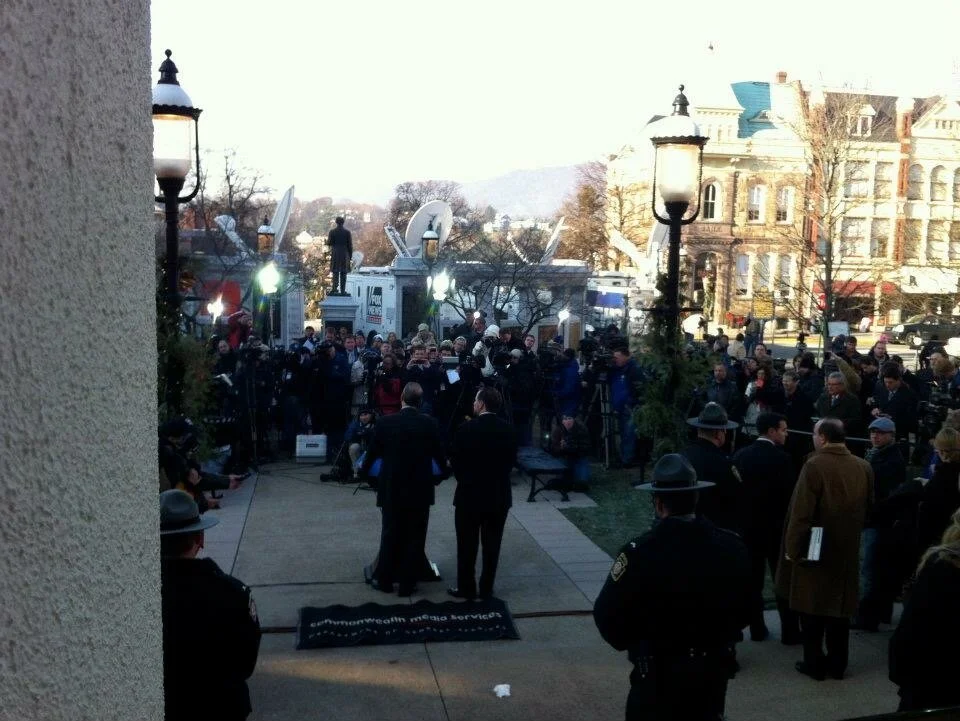WASHINGTON — When calls for his removal from office reverberated through the capital a decade ago, Speaker J. Dennis Hastert struggled to explain why he had not aggressively investigated allegations that a Florida lawmaker had sent flirtatious messages to a teenage boy who had served as a House page.
At that perilous moment, an impassioned group of supporters stepped forward to speak up on Mr. Hastert’s behalf: wrestling coaches.
“Denny Hastert is a good and honorable man — and one of wrestling’s own,” Leo Kocher, the wrestling coach at the University of Chicago, wrote in late 2006 in a letter distributed to high school and college coaches.
“The wrestling community must reach as many people as it can through calling talk radio, letters to the editor, and any other way in which public opinion can be moved,” he wrote. “Denny Hastert is one of the finest people to ever hold membership in the wrestling community.”

